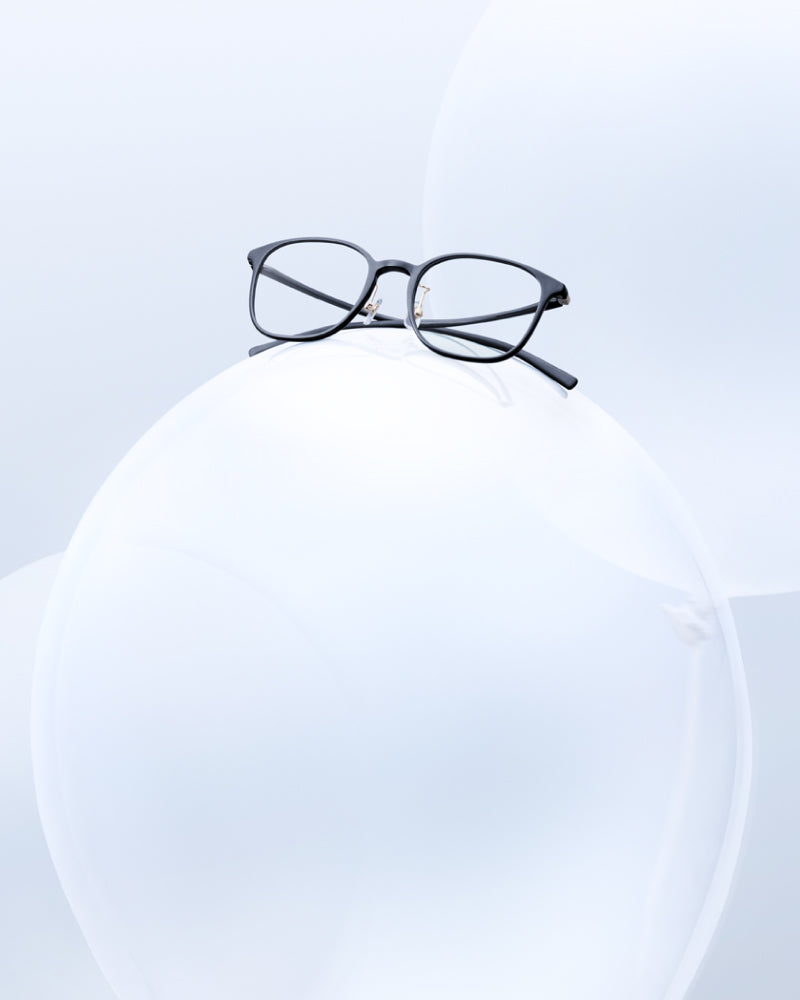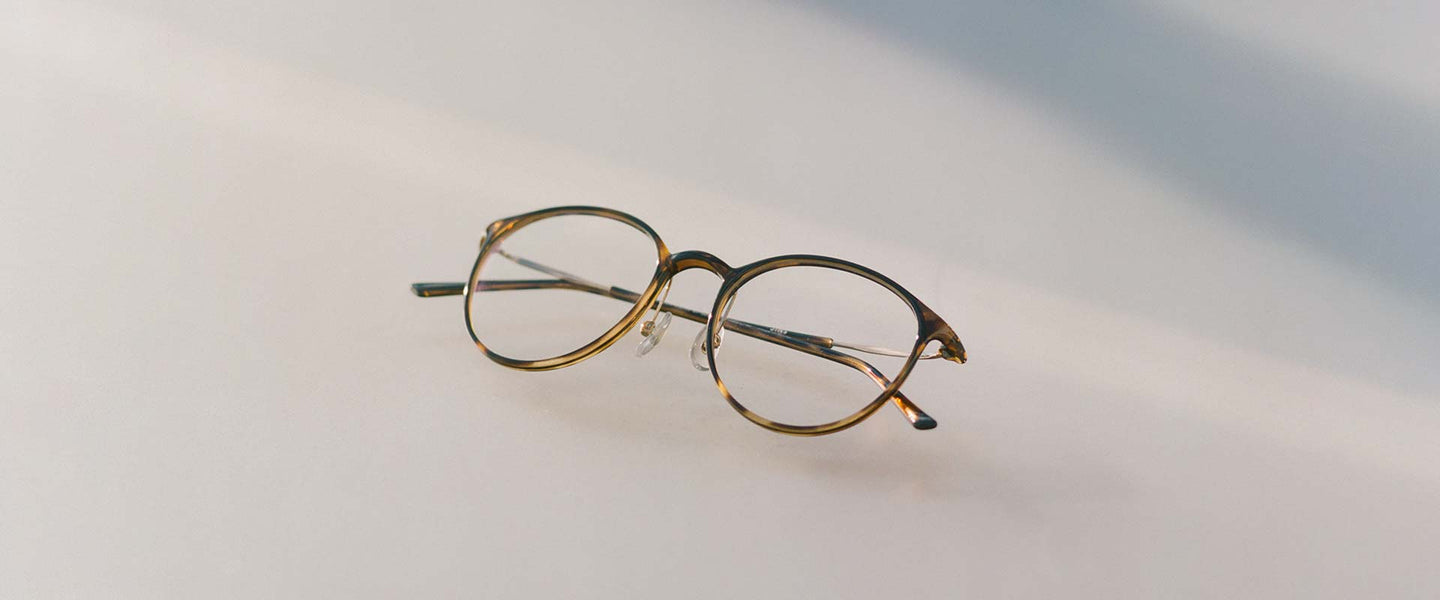When you get a new pair of glasses, you're probably excited to try them on and check out your new look. But, like many people, you might find yourself asking, “Why do my new glasses make me dizzy?”
It can take a few days or weeks to get used to new glasses, especially when you have a new prescription. A significant change in prescription or switch to bifocals or progressive lenses can mean a longer adjustment period. In some cases, this can cause more discomfort while your eyes get used to your new specs. However, after you adapt, you'll be able to wear your new glasses without any trouble and look stylish while correcting your vision.
New Glasses Headaches and Other Symptoms
Adjusting to glasses can cause a range of symptoms, which vary based on your prescription. Some of the most common complaints include:
- Headache
- Eye strain
- Dizziness
- Nausea
- Blurriness
- Distortion (more common in high-index lenses for farsightedness)
- Fishbowl effect (more common for high-index lenses for nearsightedness) in which the edges of your field of vision appear curved or bent
- Problems with depth perception
These issues are completely normal, and most people experience some of these issues in the first day or two of wearing new glasses. If they are severe or last longer than a week or two, visit your eye doctor to review your prescription.
Your New Frames Might Require an Adjustment Period
When you get a new pair of glasses, getting used to the new frames can also take some time. This is especially true if you select a different frame size or shape. They will feel different on your face than your old pair, and it takes time to get used to that.
Your new frames might affect your vision, too. For example, switching from a rectangular frame style to a round style will change the curvature of the lens. Choosing a smaller frame style than you had previously can affect your peripheral vision. These changes naturally involve a short adjustment period.
My New Glasses Make Me Dizzy! Should I Wear My Old Pair?
When your new glasses aren't comfortable or wearing them makes you feel sick, you might be tempted to switch back to your old eyewear. Optometrists recommend not doing this, though, since it's only going to make it harder for your eyes to adapt to your new glasses.
New glasses can cause dizziness and nausea because they correct your depth perception. A new or stronger prescription can create the same effect as motion sickness because your brain struggles to determine your location in relation to the space surrounding it. This sensation can create a feeling of imbalance, causing dizziness and nausea. As your brain adjusts and gets used to your new glasses, those feelings will subside.
New glasses headaches are often caused by eye and brain fatigue. When you look through your new lenses, your brain has to work a little harder to interpret the visual signals, which can cause a headache. Keep in mind that you are seeing the world around you more clearly and with more detail than before, and your brain needs time to get used to this.
Give Your New Glasses Time
While most people get used to new glasses within a few days—and some people don't have any adjustment period!—symptoms that last more than a week are worth discussing with your eye doctor. Your prescription may be incorrect and need some tweaking.
To make the adjustment period easier, try wearing your new glasses first thing in the morning when your eyes are still fresh. Switching to a new pair later in the day can cause a “shock” that makes the change more uncomfortable. Try wearing them as much as possible throughout the day—it won't take long to feel completely comfortable in your new glasses.
Choosing comfortable new glasses doesn't mean sacrificing style. Check out JINS' selection of stylish, easy-to-wear frames for men and women.


















